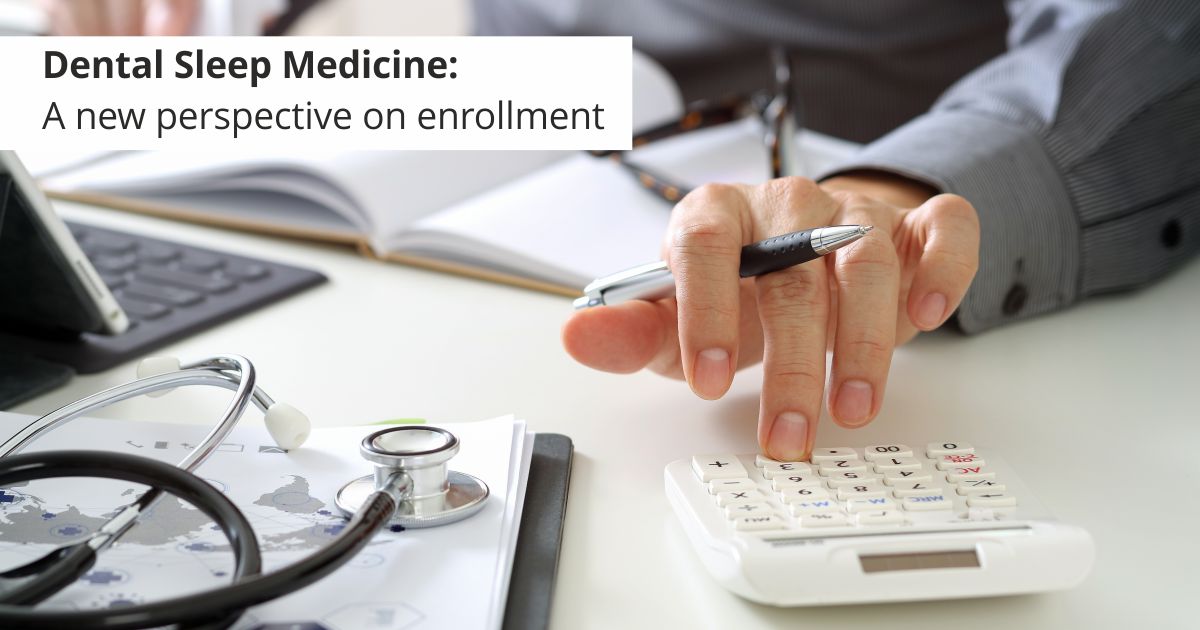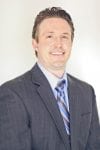
More dental practices are billing medical plans today than ever before. This is due to the crossover of several procedures that are medically necessary yet require a licensed dentist to perform. Most notably is the oral appliance to treat obstructive sleep apnea, often referred to as “oral appliance therapy”. This treatment is an alternative to traditional CPAP and covered by medical insurance, including Medicare.
Many dental practices underestimate the importance of proper enrollment and network participation options with medical insurance before billing for dental sleep services. It can make a significant difference when it comes to reimbursement.
Several plans may not allow a dentist to credential and participate with their PPO or HMO medical networks or their networks may be closed. In these situations, the dentist is considered an out of network provider. As an out of network provider, it is important to know that a plan still may require an enrollment application. Some Blue Cross Blue Shield Plans will require a basic demographic enrollment while Medicare will require a lengthy application to become a DME supplier, even if the Dentist decides to remain “non-participating”.
A third-party billing company like Lyon Dental Sleep Services in partnership with STAT MedCare, LLC can help guide practices through this exercise and complete enrollment applications. A credentialing process can take 3-6 months for some plans and quite a bit of paperwork and follow up. Having a third party manage this can save valuable staff time and resources of the practice if they decide to go at it alone.
The oral appliance requires a prescription or “written order” from a medical provider (MD, DO, NP, PA). This will often prompt dentists to establish professional relationships with Sleep Specialists, PCPs, ENTs, Pulmonologists and Cardiologists as they often see and diagnose obstructive sleep apnea. Typically, the first question from one of these physicians is “Do you take medical insurance?”. If the dentist answers “no”, this may negatively impact the chance of that physician referring a decent volume of cases. So, many dentists are exploring the option of enrolling and credentialing (when applicable) with common medical insurance plans to their population/location.
The bottom line is that any dental practice that considers offering and billing for a medically related service should always investigate fees, enrollment, and participation options with medical insurance plans. Some, not all, patients have experienced an increase in their medical insurance premiums, so they are always looking for providers who at least take or participate with their plan to reduce out of pocket expenses.

Jeff Burton, RN
Owner – Lyon Dental Sleep Services





